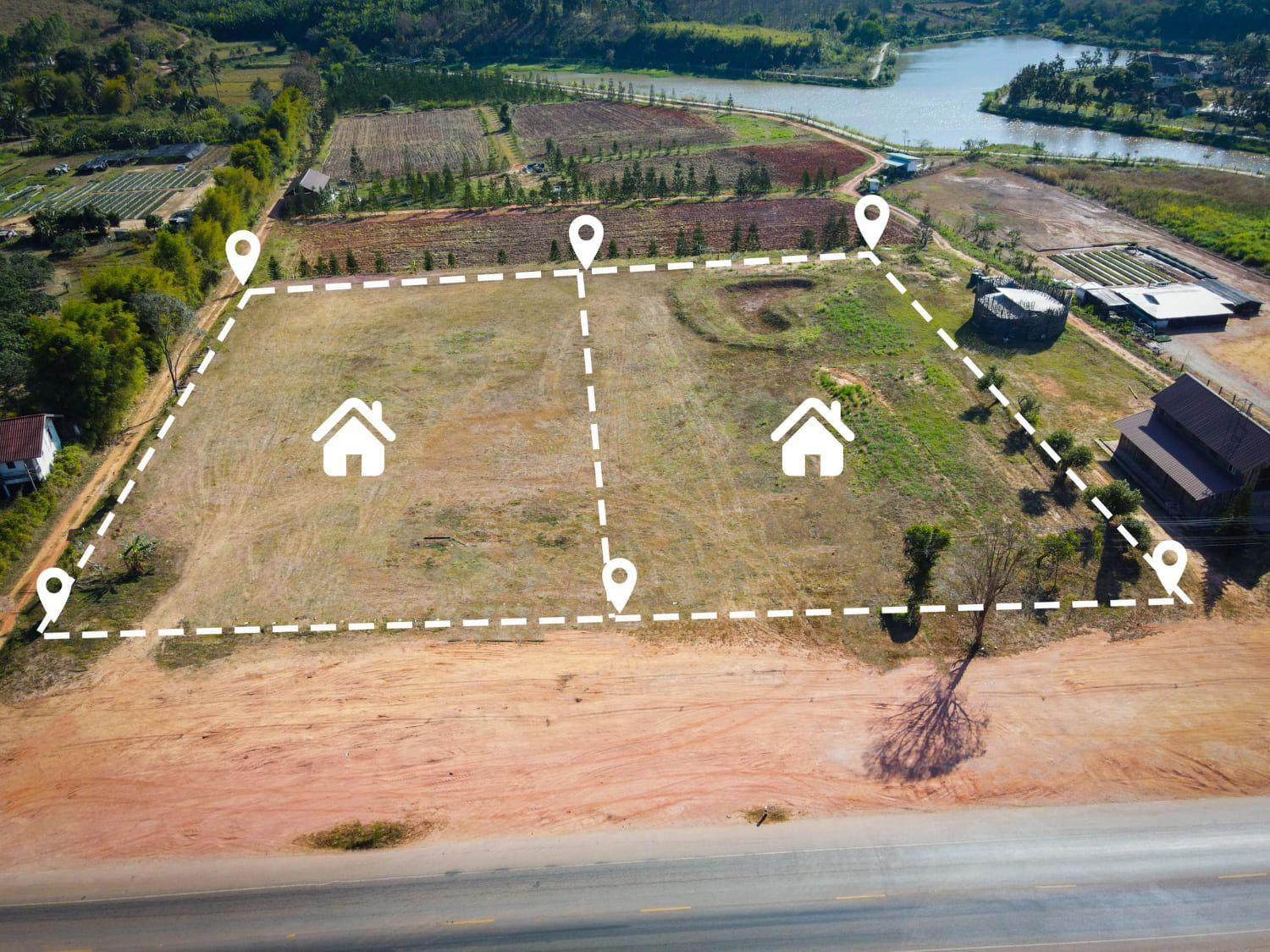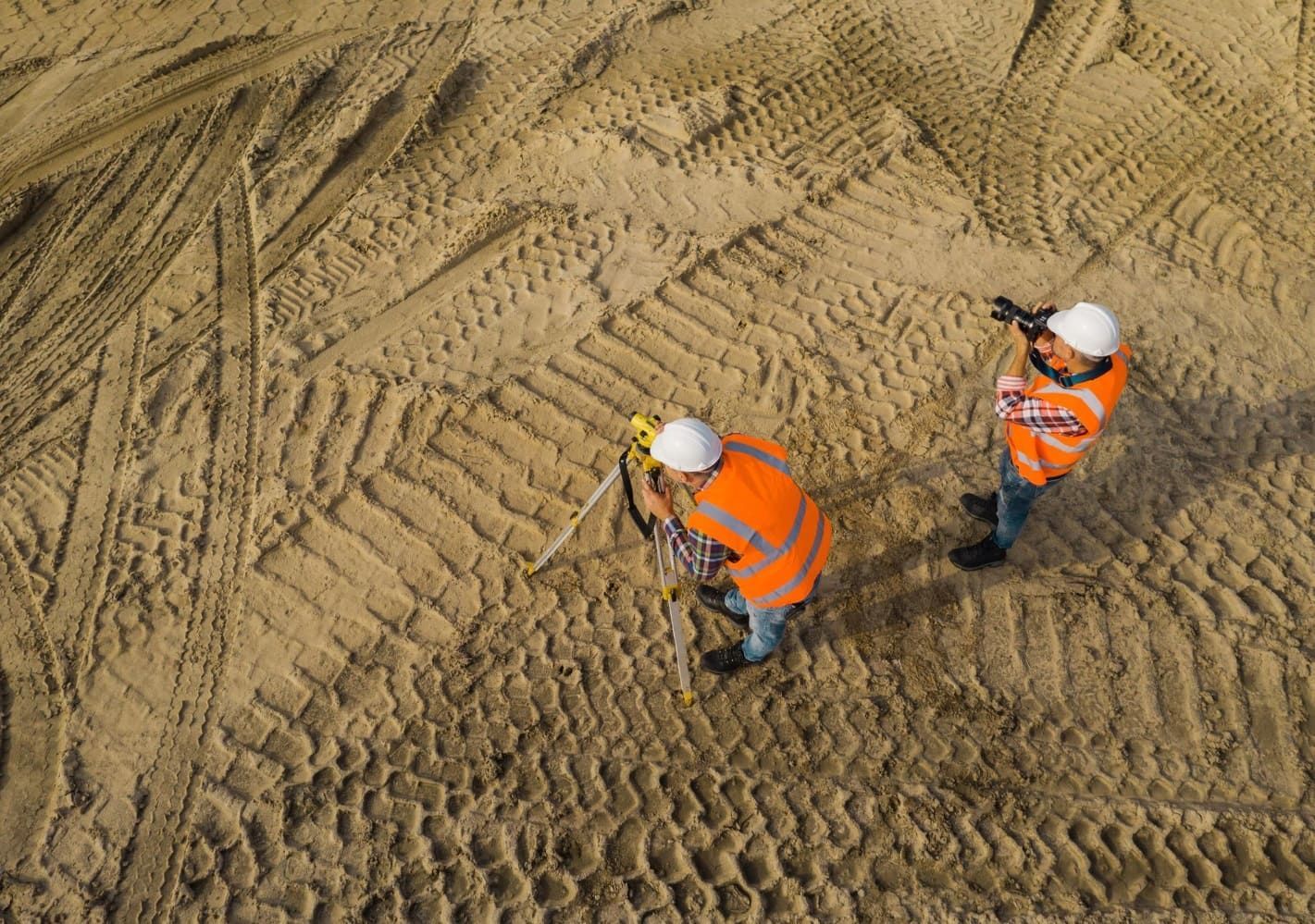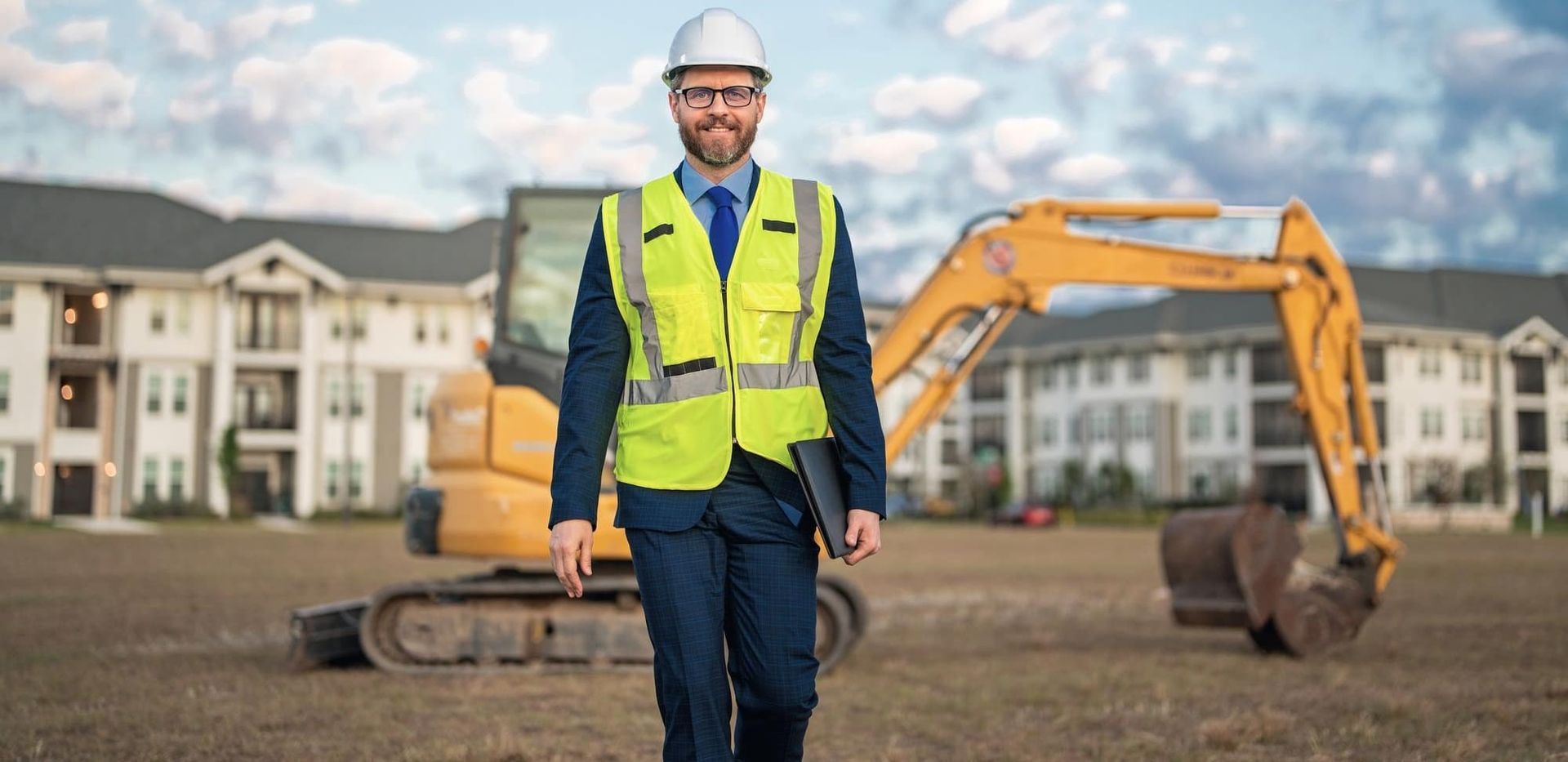MEADE-CIVIL Engineering, PLLC
Engineering License in North Carolina, South Carolina, Kentucky, Tennessee, Alabama
Land Development: Shaping the Future of Communities
Land development is the process of transforming vacant or underutilized land into functional and sustainable spaces that support community growth and well-being. This process involves careful planning, design, and execution to create environments that are livable, efficient, and environmentally responsible. In this article, we will explore the significance of land development, the key considerations, and the benefits it offers.
The OPPORTUNITY of Land Development
Land development is key to shaping vibrant, sustainable communities by addressing housing needs, supporting economic growth, and enhancing quality of life. It transforms land into functional spaces as urban populations expand.
- Providing Housing Solutions: Land development creates opportunities for the construction of residential properties, addressing the growing demand for housing.
- Supporting Economic Growth: By transforming land into commercial and industrial spaces, land development supports economic development and job creation.
- Enhancing Quality of Life: Well-planned land development projects create vibrant and livable communities with access to amenities, green spaces, and transportation options.
- Promoting Sustainability: Sustainable land development practices prioritize environmental protection, energy efficiency, and the use of eco-friendly materials.
Essential Land Development Strategies: Maximizing Urban and Rural Potential
Land development is instrumental in shaping the growth and functionality of communities. It involves transforming land into valuable assets that address various needs, from housing to infrastructure. By leveraging expert land development services, you can ensure that your projects contribute to sustainable growth and enhance the livability of urban and rural areas. Here’s how land development impacts different areas:
Urban Expansion
As cities expand, land development is crucial for creating new residential and commercial spaces to accommodate growing populations. This process supports urban growth by developing infrastructure, housing, and business areas, ensuring that cities remain vibrant and capable of meeting future demands.
Redevelopment Projects
Redevelopment focuses on revitalizing underutilized or outdated properties. By transforming these spaces into modern, functional areas, redevelopment can rejuvenate neighborhoods, increase property values, and make previously neglected areas more appealing and usable for the community.
Greenfield Development
Greenfield development involves the planning and construction of new infrastructure on previously undeveloped land, often at the edges of urban areas. This approach allows for the creation of new, sustainable communities with efficient infrastructure, contributing to well-planned urban expansion and minimizing environmental impact.
Town Communities
Land preservation is essential for creating vibrant, functional, and sustainable communities. Redevelopment of farmland is our most challenging land-use element for our future generations. We can employ comprehensive agriculture operations to enhance food grown at home for healthier living. Investing in expert land development services ensures your project vision is executed with precision, innovation, and adherence to regulatory standards. Whether you're planning a commercial venture, residential community, or government project, professional land development can turn your investment into reality. Contact us today at (704) 655-7290 to explore how our expertise can benefit your next project.
Our Key Land Development Services
- Site Planning and Design
- Open Space and Amenities
- Environmental Assessments
- Infrastructure Development
- Subdivision Plats
- Master Planning
- Regulatory Compliance
- Feasibility Studies
- Brownfield Redevelopment
- Greenfield Development
Why Choose Us for Land Development Services?
Turning Vision into Reality: Expert Land Development for a Brighter Future
Choosing our land development services means partnering with a team committed to excellence and innovation. We bring extensive experience and a client-focused approach to every project, ensuring your vision is realized with precision and efficiency. Our commitment to quality, regulatory compliance, and sustainable practices sets us apart. Here’s why we are the right choice for your land development needs:
- Experienced Professionals: Our team consists of seasoned experts in land development, ensuring top-notch service and successful project outcomes.
- Innovative Solutions: We leverage the latest technologies and methodologies to address complex challenges and deliver cutting-edge solutions.
- Client-Centric Approach: We work closely with you to understand your needs and provide tailored solutions that meet your project goals.
- Timely Delivery: We adhere to strict deadlines and manage projects efficiently to ensure timely completion within budget.
- Regulatory Expertise: We navigate complex zoning laws and regulatory requirements to ensure compliance and smooth project execution.
- Sustainable Practices: Our approach incorporates environmentally friendly practices to promote long-term sustainability and reduce environmental impact.
For exceptional land development services that bring your vision to life, choose MEADE-CIVIL Engineering, PLLC. Contact us today at (704) 655-7290 to discuss how we can turn your land development goals into reality.
Engineering License in North Carolina, South Carolina, Kentucky, Tennessee, and Alabama
FAQ About Our Land Development Services
Your Land Development Questions Answered: Expertise You Can Trust
What is land development?
Land development is the process of preparing raw land for construction and use, including planning, designing, and implementing infrastructure such as roads, utilities, and drainage systems.
Why is land development important?
Land development is crucial for creating functional spaces, accommodating population growth, enhancing property values, and supporting economic and community growth.
How do I start a land development project?
Begin by conducting a feasibility study to assess the land's potential, followed by site planning, obtaining necessary permits, and engaging with experienced land developers to guide the process.
What are the key stages of land development?
Key stages include site selection, planning and design, obtaining permits, infrastructure development, construction, and final inspection.
How does zoning affect land development?
Zoning laws dictate how land can be used and developed. Understanding and complying with these regulations is essential for successful project planning and implementation.
What is a feasibility study, and why is it important?
A feasibility study assesses the practicality of a development project, evaluating factors like cost, market demand, and environmental impact to ensure the project's viability.
What are greenfield and brownfield developments?
Greenfield development involves building on previously unused land, while brownfield development focuses on rehabilitating contaminated or underutilized sites.
How can I ensure my land development project stays on budget?
Effective project management, detailed planning, and working with experienced developers help control costs and avoid unexpected expenses.
What are the common challenges in land development?
Challenges include regulatory hurdles, environmental concerns, budget constraints, and unforeseen site conditions. Working with experts can help mitigate these issues.
What role do infrastructure and utilities play in land development?
Infrastructure and utilities are essential for making land usable, including roads, water supply, sewage systems, and electricity, which are crucial for supporting development.





